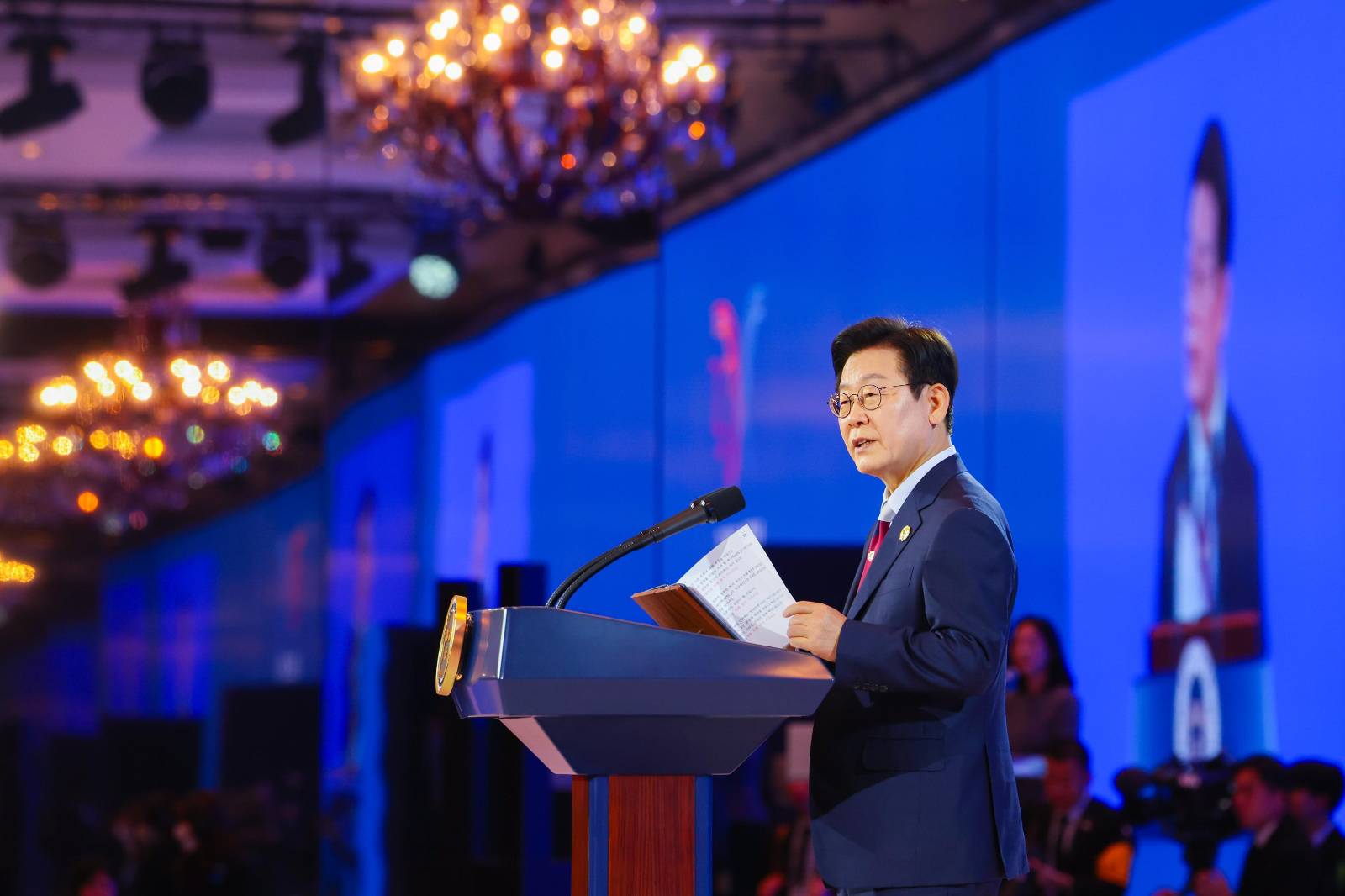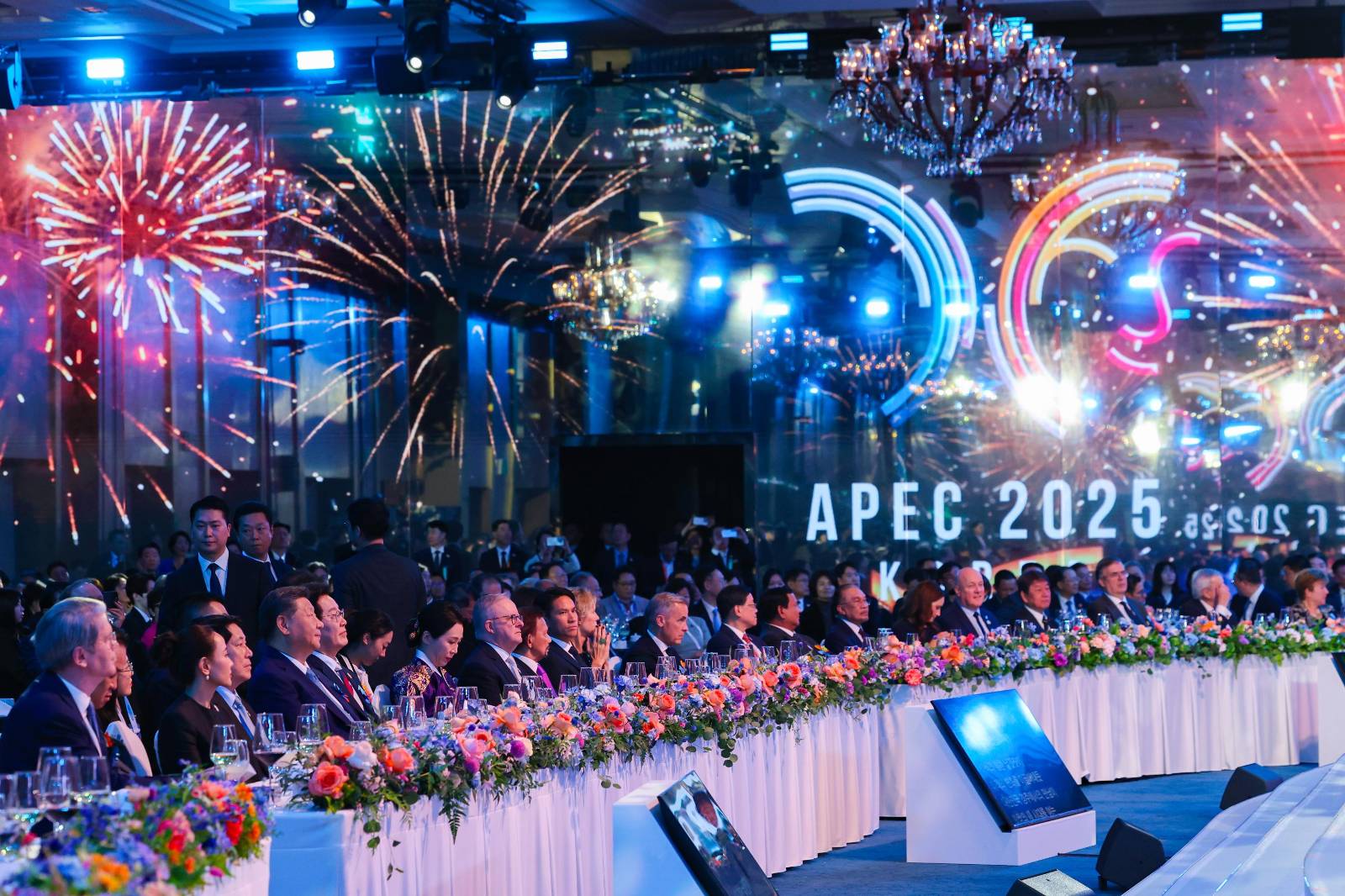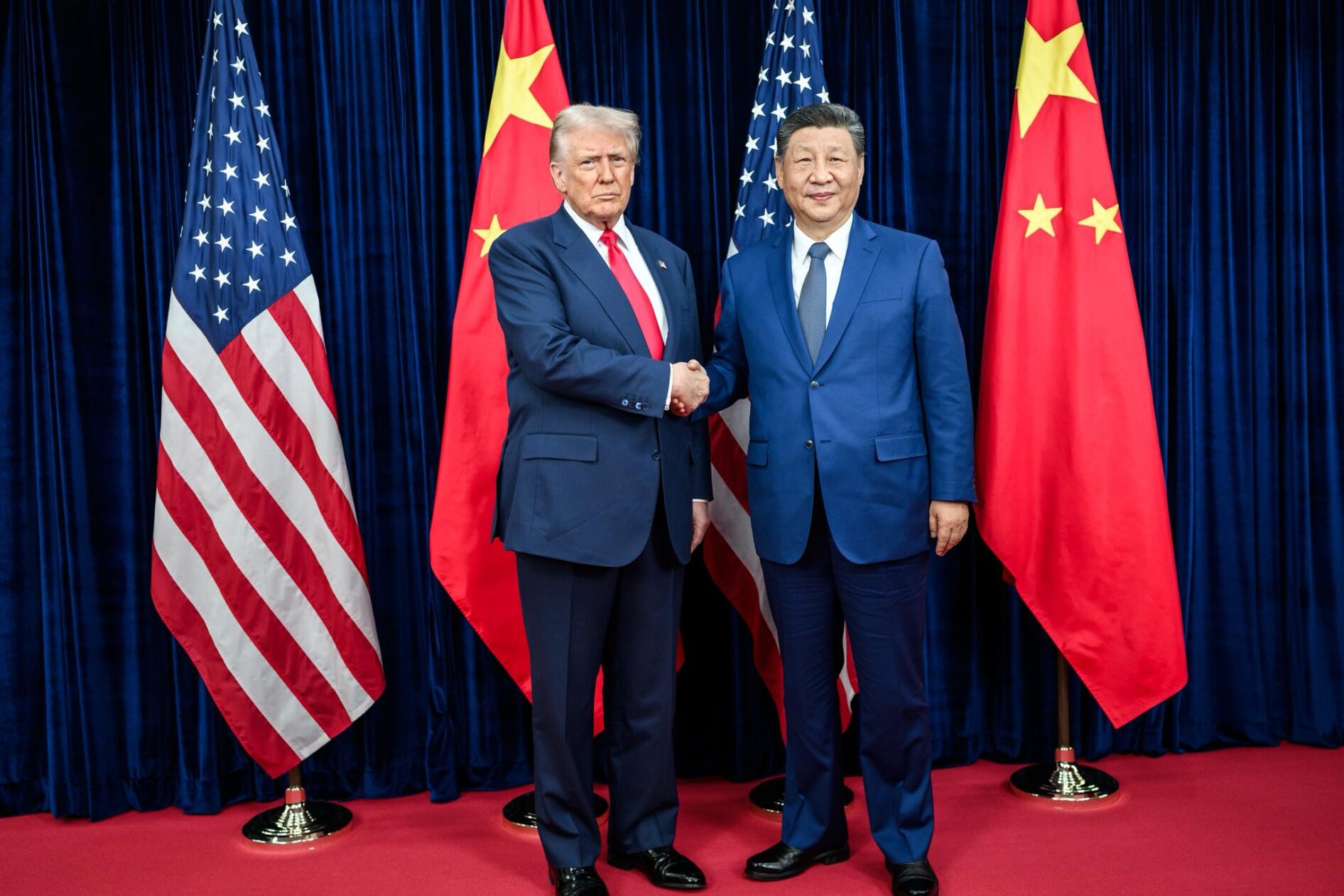GYEONGJU, South Korea — Leaders from the 21-member Asia‑Pacific Economic Cooperation (APEC) forum gathered in the historic city of Gyeongju on November 1, 2025, to close out the summit with a strong message of unity and shared responsibility for regional growth. The event’s highlight: a high-stakes meeting between U.S. President Donald Trump and Chinese President Xi Jinping, which resulted in a truce in the longstanding U.S.–China trade dispute.
In the joint declaration issued by the APEC members, the leaders reaffirmed their commitment to “robust” trade and investment frameworks that deliver benefits for all participants, and pledged to deepen economic cooperation in response to an “increasingly complex and volatile” global environment. The declaration also emphasised the need for “market-driven” integration, enhanced business engagement, experience-sharing and capacity-building across the region.

President Xi used his opening remarks to cast China as a defender of multilateralism and free trade, stressing that in a time of mounting global uncertainty, nations must work together. South Korean President Lee Jae‑myung, hosting the summit, cautioned that the global free-trade system is “experiencing strong turbulence” and that countries must transition from vertical economic ties toward “horizontal and mutually beneficial” ones.

Despite the agreement, observers note that the statement notably omitted any direct mention of the World Trade Organization and only indirectly referred to multilateralism — a signal of the fraying global consensus around free trade. Trade policy experts, such as Deborah Elms of the Hinrich Foundation, described the joint declaration as “probably a miracle” due to last-minute negotiations over wording.

President Trump departed South Korea on Thursday after his face-to-face meeting with Xi, their first since 2019, leaving the Chinese leader to dominate the two-day economic forum. During the summit, Xi also held bilateral talks with Japan, Canada and Thailand, and later joined President Lee for their first bilateral summit since the South Korean leader’s June election.

The host country, South Korea, finds itself balancing its longstanding security ties with the United States and its increasingly important economic relationship with China, which bought nearly one-fifth of Seoul’s exports in 2024. President Lee acknowledged the delicate diplomatic terrain, stating that peace and stability in the region “cannot be overstated”.
As the summit drew to a close, the message was clear: amid rising global headwinds and shifting trade alliances, Asia-Pacific countries are placing renewed emphasis on cooperation, economic integration and shared prosperity — even as underlying tensions remain.







